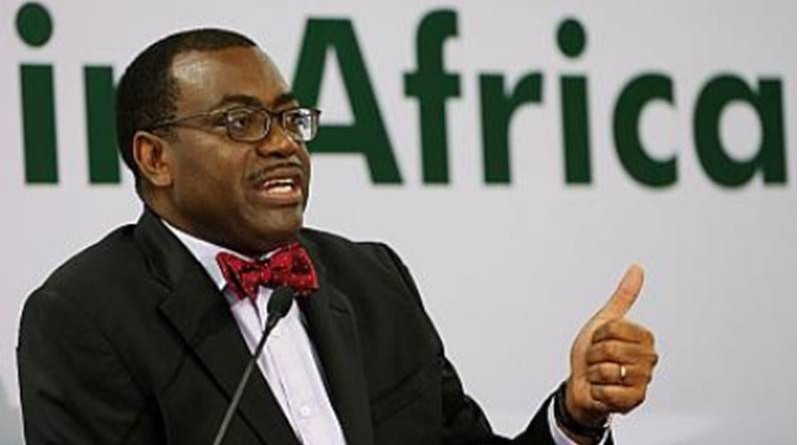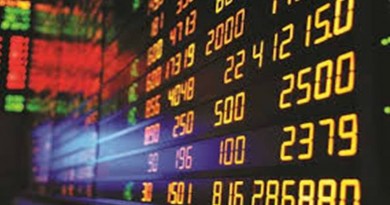African Development Bank announces new accountability index to measure institutional lending to women
The African Development Bank president Akinwumi Adesina said that a new tool to track the level of lending to women across the continent will be important for ensuring women get the critical financial help they need. He was speaking at a public event held on the sidelines of the UN General Assembly.
The Women’s Financing Index, currently under development, will rate banks and financial institutions who apply for loans from the African Development Bank, against the amounts they have lent or are lending to women, Adesina said right before the start of panel discussions organized by the Initiative for Global Development (IGD) in New York. The theme of the event was “Empowering Women in Conflict Zones in Africa. “
“Institutions will be rated by their development impact: the rate and volume at which they lend to women,” Adesina said. Top institutions will be rewarded with preferential financing terms from the African Development Bank.
The Bank, through its AFAWA, initiative – Affirmative Finance Action for Women in Africa – aims to mobilise $3 billion to bridge the financing gap for women on the continent.
Despite being at the forefront of economic activity on the continent, women in Africa are disproportionately disadvantaged, particularly those in conflict-ridden areas, who are three times less likely to go to school, have less access to resources and justice, and are unable to obtain funding for businesses, farming and other commercial ventures.
In the first panel moderated by Ambassador Rama Yade, former French minister of state for human rights, Dr Hippolyte Fofack, chief economist of Afreximbank, said its vision to promote intra-African trade was directly tied to the theme of providing women with credit.
“Access to finance is at the root of development initiative, that is why Afreximbank was created,” Fofack said, adding that Afreximbank’s top goals included supporting African women in agri-processsing to minimize post-harvesting losses, and acting as trade financing intermediaries. “We are committed to providing loans but we also grow with our clients,” he said.
In a second panel, moderated by African Development Bank director for gender, women and civil society, Vanessa Moungar, panelists discussed the “nexus of peace, security, environment and development.”
Opening the session, Denise Tshisekedi, the first lady of the Democratic Republic of Congo, spoke of the disadvantaged position Congolese women held: 50-80% of women work in farming, while only 30% have access to the formal work sector. “The biggest problem is conflict and displacement,” she said.
Other participants included Ambassador Makila James, the US deputy assistant secretary for state for East Africa and the Sudans, Bureau of African affairs; Oulimata Sarr, UN Women regional director, West and Central Africa; and Andrew Wilson, executive director of the Center for International Private Enterprise (CIPE).
“Economically empowered women become politically empowered women,” Wilson said.
All businesses have problems with access to markets, but it’s harder for women.”
The panelists said that areas of conflict required greater flexibility to accommodate skill and education gaps.
“Women need to get better organized through groups – women’s business groups and to build coalitions across groups,” Wilson said.
For James, it is essential that women are heard. “There is a role for government; women have to be at the policy and decision-making table.”
Referring to the Sahel as the epicentre of conflict and climate change, Oulimata Sarr said that questions of policy and skills development and financing needed to be asked. “How do we de-risk women and grant them access to markets? I believe economic empowerment will bring about peace”, she added




